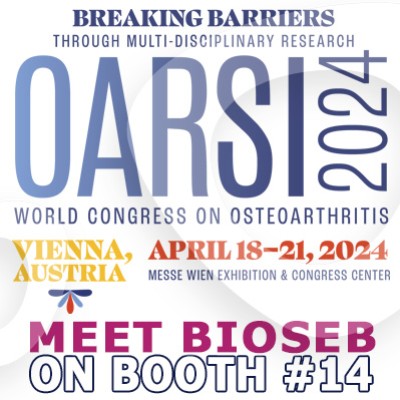Authors
T. Ishizaki, A. Erickson, E. Kuric, M. Shamloo, I. Hara-Nishimura et al.
Lab
University of Lund, Wallenberg Neuroscience Center, Department of Clinical Sciences, Sweden.
Journal
Journal of Cerebral Blood Flow and Metabolism
Abstract
Various proteases in the brain contribute to ischemic brain injury. We investigated the involvement of the asparaginyl endopeptidase legumain after experimental stroke. On the basis of gene array studies and in situ hybridizations, we observed an increase of legumain expression in the peri-infarct area of rats after transient occlusion of the middle cerebral artery (MCAO) for 120_mins with a maximum expression at 24 and 48_h. Immunohistochemical analyses revealed the expression of legumain in Iba1(+) microglial cells and glial fibrillary acidic protein-positive astrocytes of the peri-infarct area in mice after MCAO. Post-stroke recovery was also studied in aged legumain-deficient mice (45 to 58 weeks old). Legumain-deficient mice did not show any differences in physiologic parameters compared with respective littermates before, during MCAO (45_mins), and the subsequent recovery period of 8 days. Moreover, legumain deficiency had no effect on mortality, infarct volume, and the neurologic deficit determined by the rotating pole test, a standardized grip strength test, and the pole test. However, a reduced number of invading CD74(+) cells in the ischemic hemisphere indicates an involvement in post-stroke inflammation. We conclude that legumain is not essential for the functional deficit after MCAO but may be involved in mechanisms of immune cell invasion.
BIOSEB Instruments Used:
Grip strength test (BIO-GS3)

 Pain - Thermal Allodynia / Hyperalgesia
Pain - Thermal Allodynia / Hyperalgesia Pain - Spontaneous Pain - Postural Deficit
Pain - Spontaneous Pain - Postural Deficit Pain - Mechanical Allodynia / Hyperalgesia
Pain - Mechanical Allodynia / Hyperalgesia Learning/Memory - Attention - Addiction
Learning/Memory - Attention - Addiction Physiology & Respiratory Research
Physiology & Respiratory Research
 Pain
Pain Metabolism
Metabolism Motor control
Motor control Neurodegeneration
Neurodegeneration Cross-disciplinary subjects
Cross-disciplinary subjects Muscular system
Muscular system General activity
General activity Mood Disorders
Mood Disorders Other disorders
Other disorders Joints
Joints Central Nervous System (CNS)
Central Nervous System (CNS) Sensory system
Sensory system
